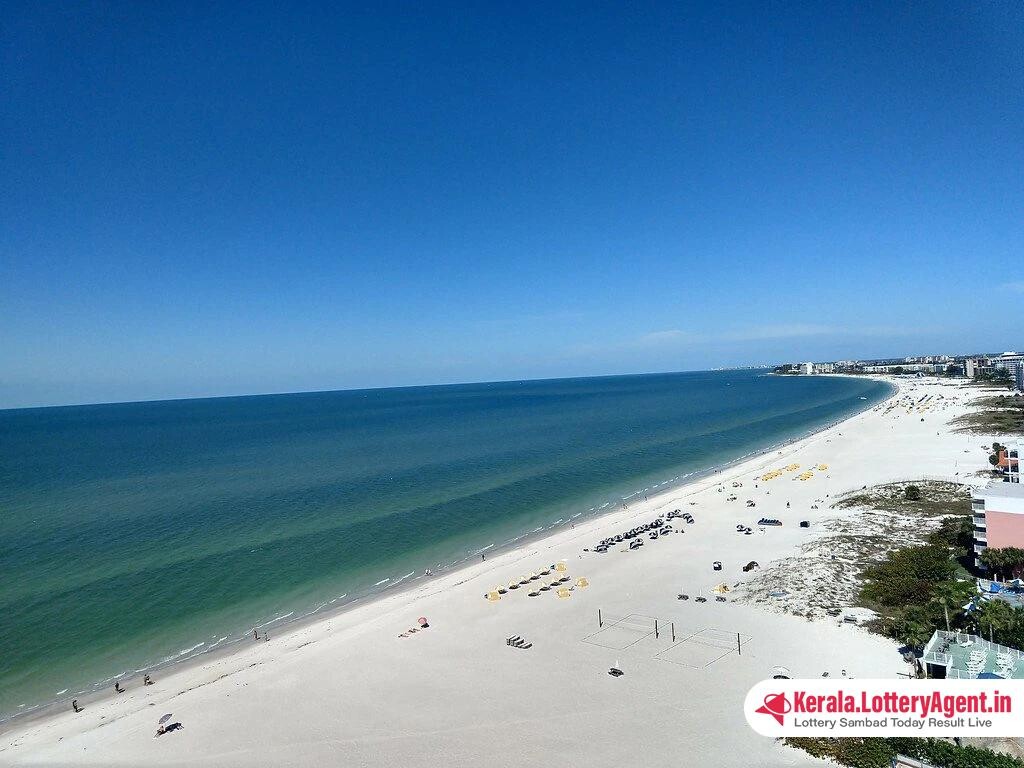
The Florida Supreme Court has delivered a ruling that has implications for the future of sports betting in the state. Just recently, the high court declined to consider a case brought forth by West Flagler and Associates (WFA), effectively upholding previous decisions regarding state-sanctioned sports betting deals. Justice Meredith Sasso authored the opinion that swayed the court’s decision, rejecting WFA’s attempt to use the legal mechanism known as ‘quo warranto’ to overturn laws they contend are unconstitutional.
“Quo warranto is not, and has never been the proper vehicle to obtain a declaration as to the substantive constitutionality of an enacted law. For that reason, we deny the petition because the relief that Petitioners seek is beyond what the writ of quo warranto provides,” Justice Sasso explained in her statement.
This setback, however, does not mark the end of WFA’s legal entanglements within the state of Florida. The company, which operates two parimutuels in South Florida, initially bypassed the regular step of filing in district court and instead, approached the Florida Supreme Court directly. According to NOVA Southeastern constitutional law professor Bob Jarvis, who spoke to iGB, there remains the option for WFA to “follow the correct route and sue in the Leon County Circuit Court in Tallahassee.” Nevertheless, Jarvis remains skeptical about the likelihood of WFA’s success in any legal arena.
WFA’s dispute with the state stems from the 2021 Florida-Seminole compact that the U.S. Department of the Interior (DOI) approved. This gaming agreement grants the Seminole Tribe the exclusive right to offer statewide mobile sports betting, as long as the bets are processed through servers located on tribal lands. The 30-year compact calls for the tribe to pay Florida $500 million annually or $2.5 billion over the next five years for this monopoly.
Supporters of the compact argue it’s a boon for the Florida economy. Seminole spokesperson Gary Bitner expressed optimism in an email to iGB, declaring, “This is a major victory for the people of the State of Florida, who can count on billions of dollars over the coming years to fund important state needs.” Bitner also highlighted the benefits for the Seminole Tribe and for patrons who enjoy sports betting and expanded casino games.
The compact’s legal challenges date back to its approval by state legislators and Governor Ron DeSantis in May 2021, as critics argue that it violates the Indian Gaming Regulatory Act. However, a twist emerged with new regulations from the Bureau of Indian Affairs indicating that off-reservation bets, routed through tribal servers and agreed upon by the state, are permissible. These regulations came into effect on March 22.
Florida, with the U.S. Supreme Court denying an injunction, joined the cluster of states with legalized sports betting designated for the Seminole tribe. As the legal wrangling continues, the tribe has capitalized on the opportunity by launching the Hard Rock Bet platform on November 7, 2023, and subsequently opening a series of brick-and-mortar sportsbooks across the state.
WFA, in its appeal, contended that the 2021 compact and its legislative approval flout Florida law—specifically Article X, Section 30. This law, enacted by voters via Amendment 3 in 2018, mandates that any gambling expansion be submitted for voter approval, something the 2021 compact did not undertake. The state government’s defense emphasized that WFA was essentially seeking a declaration on the substantive constitutionality of an existing law, which the court is not poised to grant via quo warranto.
“As we will explain, we agree with Respondents (DeSantis and others) that quo warranto is not a substitute for what Petitioners seek — declaratory and injunctive relief as to the substance of the law ratifying the gaming compact,” Justice Sasso elaborated.
In the ongoing struggle, WFA also engaged the U.S. Supreme Court, filing a petition on February 11, with the DOI required to respond by April 12. The apex court will then decide if it will hear the case, despite its typical practice of selecting a relatively small number from thousands of filings each year.
The outcome of these legal affairs could dramatically reshape the landscape of sports betting in Florida. For now, the Seminole Tribe stands in a favorable position, but with WFA’s determination and possible further legal actions, the stakes remain high and the future of this billion-dollar industry uncertain.












